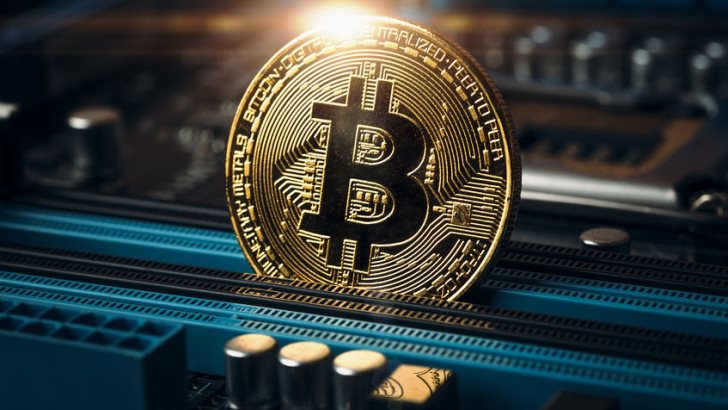
Over the past several months, the Bitcoin went through a sort of a crypto-renaissance. The price of the highly sought-after cryptocurrency has increased more than three times since the initial coronavirus crash – from $4000 in March to $13000 in October. Not even the recent craze for tech stocks induced such a rally on the Nasdaq.
In the wake of the massive turmoil that the crypto market underwent through in the early parts of 2020, many investors and traders are once again asking themselves whether it is safe to invest in Bitcoin. It seems that public interest in the crypto-market's benchmark is once again peaking, as the reeling financial world tries to recuperate from the initial coronavirus crash.
As the above-mentioned question is once again on the main agenda of many financial market participants, it is worthwhile to examine what has changed for the Bitcoin over the last several months.
A substantial part of Bitcoin's overall appeal stems from its innovative nature compared to other assets – a boundary-pushing financial instrument for the day and age of the millennials. Many millennials grew in the wake of the 2008 credit crunch, and currently have to deal with its longer-lasting implications. With the ramifications from the last great recession not even being fully dealt with yet, the world now faces the grave likelihood of a post-pandemic global economy left in shatters. One can understand how the novelty aspect of the Bitcoin is being seen by a desperate generation as a possible means to an end of this vicious cycle of frequent financial crashes.
Part of the mass appeal of the cryptocurrency stems from the fact that it is a decentralised and truly global financial asset. What that means is that the value of the Bitcoin is not being tightly regulated by an overarching central bank, but is instead, theoretically speaking, driven purely by the forces of supply and demand. It is quite unsurprising then that many people would view this as an advantage in a world where the inadequacies of governmental interventions into the economic cycle have, in many aspects, exacerbated the underlying financial issues.
Yet, despite all of its glorified independence from governmental overseeing, the Bitcoin succumbed to the coronavirus fallout just like most other financial securities. The cryptocurrency did not survive the momentary toppling of the global financial system like dominoes in early-March. So, a question arises – what exactly is the point of investing in a decentralised cryptocurrency then, if it's just as vulnerable to external ripples?
It follows, then, that the answer to the main question from the standpoint of Bitcoin's structure is an unequivocal no, it is not safe to make long-term investments in Bitcoin just yet. The fallout from the second pandemic wave across the world has recently started to become increasingly more detrimental. Its impact is likely going to be felt more and more on the global capital markets in the following weeks, which retains the theoretical possibility of a new decisive crash for the Bitcoin.
This line of reasoning leads to an arguably profound assertion about the nature of the Bitcoin – most people who get on the cryptocurrency bandwagon do not do so under the classical investing drive. They might think that that they are investing in a highly desirable asset, but the chances are that such people do not get behind the Bitcoin craze in order to reduce the uncertainty of their portfolios. Instead, they are more likely to have heard that there are huge profits to be made in the cryptocurrency market, and so, they want to get involved before it's too late. The fear of missing out is a major driving force that has propelled a considerable chunk of Bitcoin's overall success so far.
Understanding the mass market psychology is important because it could elucidate the likely behavioural patterns of the Bitcoin. For instance, people who want to make huge profits on the current trend might not necessarily have the same goals as longer-term investors who would rather see sustained returns over time.
Of course, that is not to say that it is impossible to invest in Bitcoin, however, what do you think would happen with its price if, for some reason, the majority of traders involved with the cryptocurrency suddenly decide it's time to cash in on their investments?
Right now the Bitcoin is in an excellent place to target the psychologically significant level at $15 000, potentially reaching towards the $20 000 threshold for the first time since December 2017. So, here is an intriguing hypothetical scenario that warrants close consideration. Suppose a trader who bought several bitcoins in early April at the price tag of $ 7000, being driven by the same emotional urges as the ones described above. What do you think would go through his mind as the Bitcoin draws nearer to these landmark price levels? Do you think a trader like that, who originally joined the market out of compulsion not to miss out on a good opportunity, would be inclined to maintain his composure and watch his investments grow? Or is it that he would be more likely to be itching to cash in big before Christmas?
All of these arguments are strictly conjectural, of course, but exploring such theoretical possibilities in depth is quite important in answering whether or not it is safe to invest in Bitcoin now.




















